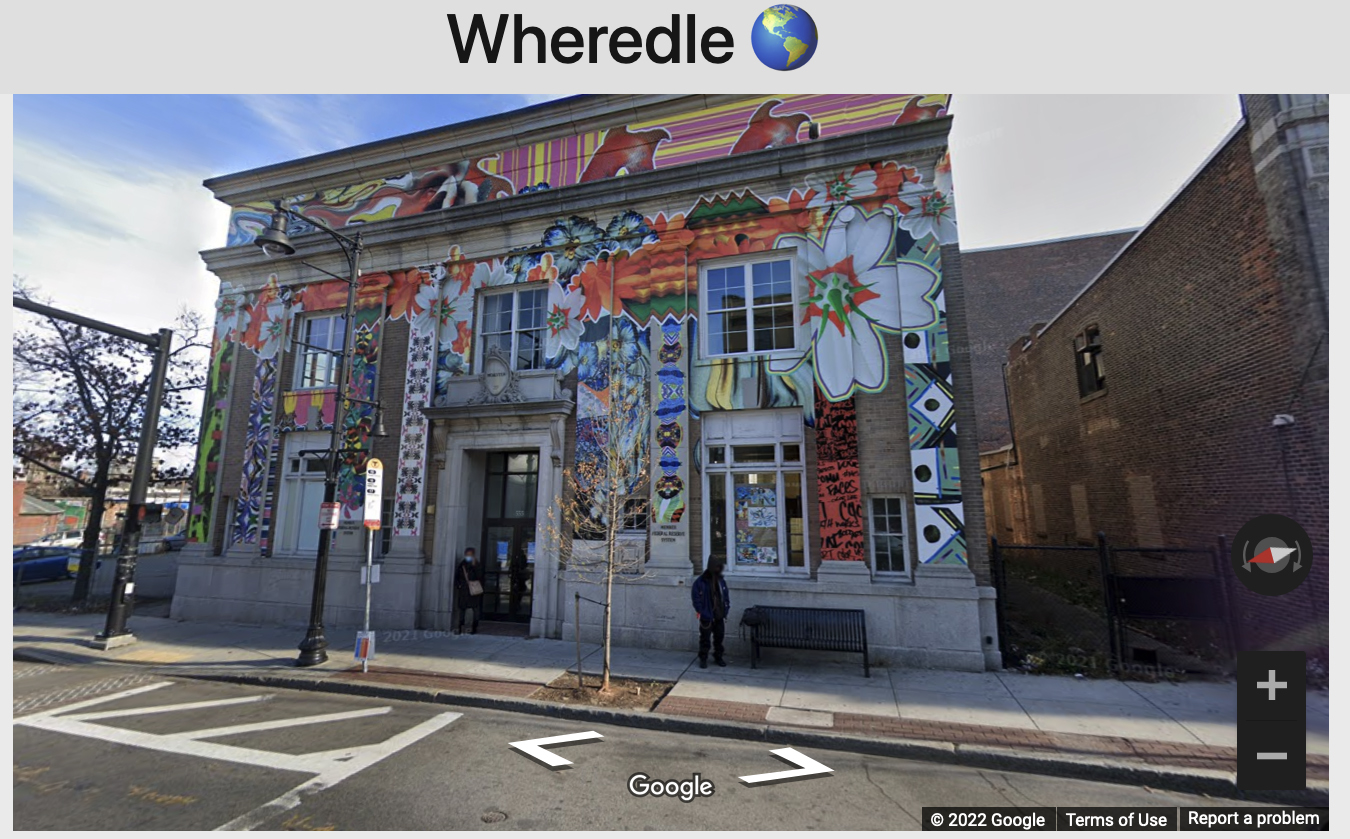Combine Wordle with GeoGuessr and you've got a new daily fixation: Wheredle
Use Google Maps street view to guess which US state you're looking at in this daily puzzle.

The permutations on the Wordle formula continue—just the other day I wrote about Cloudle, where you guess the five-day weather forecast in a city somewhere in the world. A recent version of Wordle for movie buffs has become a daily favorite, and just last week someone made Wordle work in Minecraft.
Today I've got another Wordle-ish daily puzzle game for you, this one with a geographic theme that's sure to appeal to fans of the long-running GeoGuessr. It's called Wheredle, and each day it shows you the Google Maps street view of a location in the United States. Your challenge is to figure out which state you're in. You can use the navigation arrows to move up and down the streets and click and drag to move the camera around as you try to spot clues on signs and shops, recognize landmarks, or as the game suggests, discern the location's "vibes."
Like another location-based Wordle-like game, Worldle, Wheredle will give you hints if you guess wrong, displaying directional emojis to help you get closer on your next guess. You have six guesses in total, after which the correct state is revealed.
Currently, only the 50 US states are part of the daily puzzle game, but that may change. Developer Amber Sahdev told me via email that Wheredle originally used the entire world, which made it much harder to solve considering most users were from the United States. "But recently I’ve seen a significant number of users logging in from the UK, Canada, and Australia so I’m thinking about either making it global, or adding a country-of-origin specific mode," he said.
Wordle today: Get the answer
Wordle tips: Don't get STUMPed
Wordle starting words: Headstart
Games like Wordle: More dailies
The biggest gaming news, reviews and hardware deals
Keep up to date with the most important stories and the best deals, as picked by the PC Gamer team.

Chris started playing PC games in the 1980s, started writing about them in the early 2000s, and (finally) started getting paid to write about them in the late 2000s. Following a few years as a regular freelancer, PC Gamer hired him in 2014, probably so he'd stop emailing them asking for more work. Chris has a love-hate relationship with survival games and an unhealthy fascination with the inner lives of NPCs. He's also a fan of offbeat simulation games, mods, and ignoring storylines in RPGs so he can make up his own.


